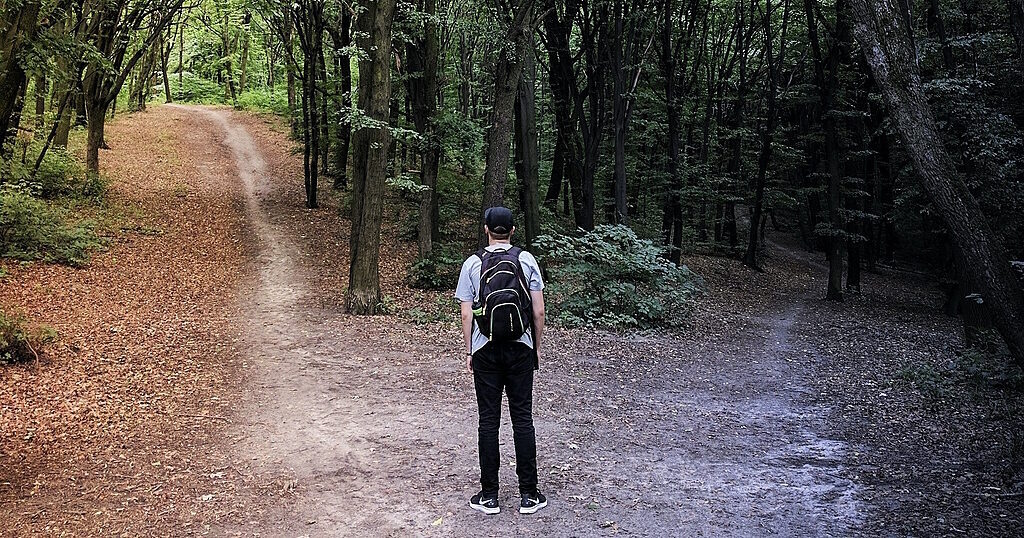I recently finished The Mind and The Brain by Jeffrey M Schwartz, and I think in that book I found the most apt description of the peg you're looking for.
A tiny bit of context, a group of researchers were looking for a measurable form of something that would indicate the presence of will, they noted that there was a measurable current in the brain that was denominated the readiness potential, something that fired up right before an action.
So, the experiment was to measure when did the consciousness of a decision to perform an act occurred, the Will hypothesis hoped to find that consciousness appeared prior to this readiness potential, but what they found is that it appeared AFTER the measurable electrical signals were observed, microseconds after, but after.
So, the author establishes the idea of "Free Won't", that is, not so much to convince ourselves of the authorship of our choices, but of our capacity to say no to certain initiatives, and thus have a say in which initiatives get a green light or a yes.
In that sense, what JBP says about ideas possessing a person, or the notion of the names of God, and of aligning ourselves with one group of another, takes on a different connotation that I think allows for both concepts to coexist. We choose our alignment by choosing which ideas, or names of God, we say no to, when it comes to their expression in our lives.
And it isn't really foreign or incompatible with any of the concepts of the work, if anything it grounds the conversation. But also, we have a lot of examples on our daily lives, dietary choices is one good example. We're hit with the idea of choosing to eat one thing or the other, but we say no to it, because knowledge informs the gatekeeper in our minds, we made a choice even if the initial idea didn't originate in us.
We align ourselves with the eating healthy god, but most importantly and occurring at the same time, we're aligning ourselves away from the junk eating god... if that makes sense.
And that is the humble peg I have found. And I think there's several stories depicting this principle, sort of.. It's as if the will of mortals was expressed in their capacity to deny the will of the gods, but not by pretending to rise to their level, or deny their power, but by exercising sovereign denial. And not to simply rebel by default either, but because that is how one truly grows, a necessary sin.
I hope the above made sense.
edit: Pressed send too soon.
Hmm, I’m aware of the study you mention, but the way you just wrote about it makes me see what Gurdjieff and Mouravieff said about the struggle between ‘yes’ and ‘no’ in a different light. They always said that the point of the struggle was to build one’s will, and develop an individuality through friction, the heat which fuses the iron filings into a single mass.
We can now simply boil that down (excuse the pun) to the idea of being able to say “no” to ourselves.
And as I reread The Wave, I’m conscious of the fact that eventually I’ll be coming to the chapter about which synapses we allow to fire, which was related to the idea of a ‘primary’, as in ‘who will be picked to run’. I think that has something to do with the 3-5 code and how “prime numbers are the dwellings of the philosophers”, but I’m not there yet so I may be misremembering.
And when the C’s say, “the choice is always there. It’s WHEN you choose that counts”, we can relate that to the idea that “don’t you get more free will by assimilating knowledge?”, and “knowledge gives one the ability to determine what acts actually are acts of free will”. It’s like, before we find the work, we almost don’t realise we have the ability to say “no”, because we just identify with every thought we have and make no distinction between ourselves and ‘it’, so we have no reason to.
Cool stuff.

